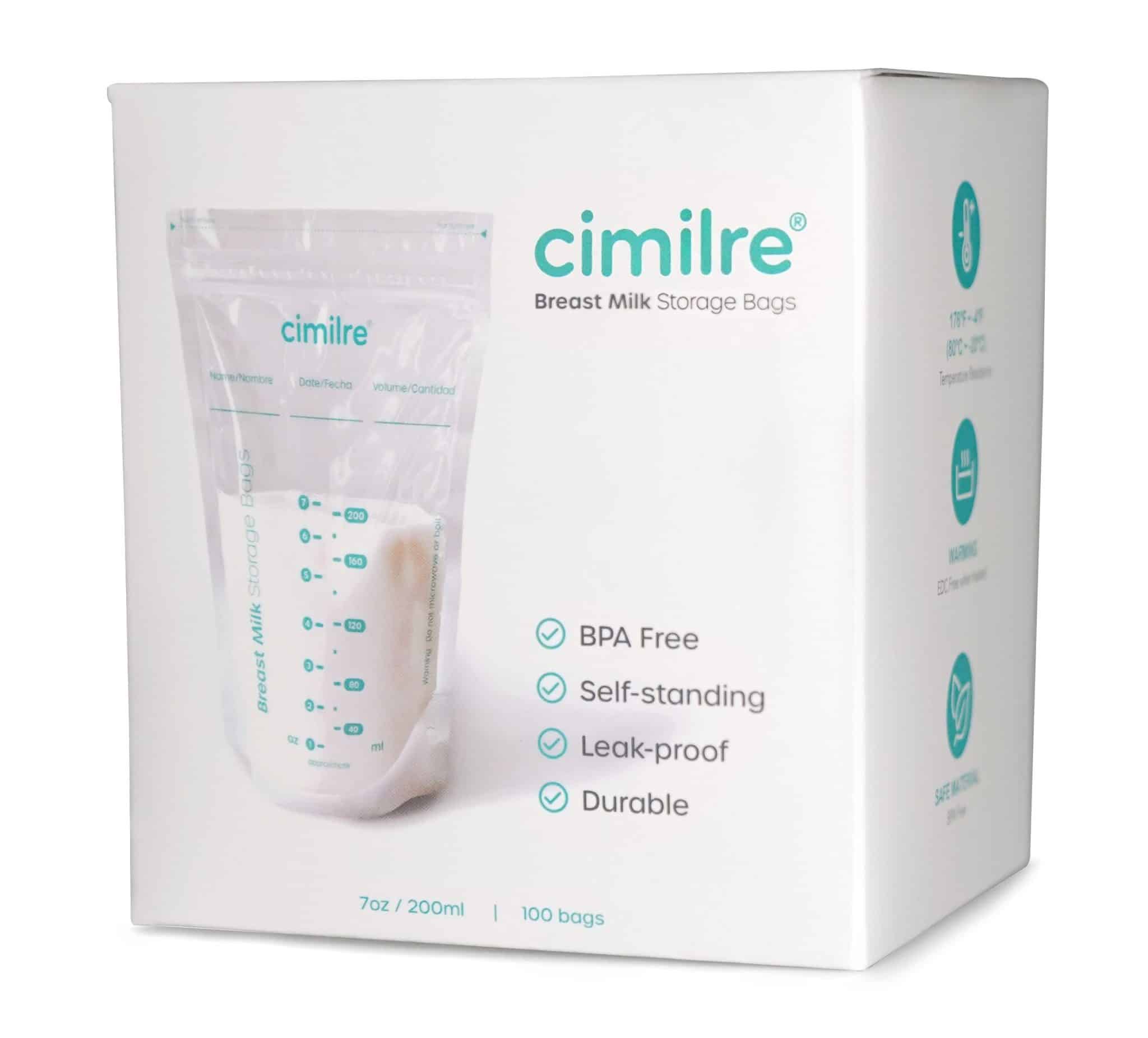Categories: Breastfeeding, Insurance, Pumping
August 4, 2023
Breastfeeding and everything it involves can feel like you’ve hopped on a rollercoaster with endless loops and twists. Today, we’re tackling one of those twisty topics that often slips under the radar – breast milk storage bags! If you’ve ever grimaced at the price of these little essentials, here’s a little secret: your insurance may now cover breast milk storage bags due to the Affordable Care Act expanding prevention coverage for women’s health! Let’s unravel this together.
Why Are Breast Milk Storage Bags a Must-have?
Before we talk about insurance, let’s discuss why you might want to use breast milk storage bags. They are convenient, hygienic, and designed specifically to store and protect your milk, keeping it safe for your baby.
Breast milk storage bags are pre-sterilized and designed for one-time use, which reduces the risk of contamination. They’re also durable, leak-proof, and built to protect the nutritional content of breast milk during storage. Plus, they’re space savers, laying flat in your freezer or fridge. Talk about a parenting win!
Breaking Down Insurance Coverage
So, you may have heard that the Affordable Care Act expanded prevention coverage for Women’s Health and Well-Being beginning with plan years starting in 2023, and you’re wondering, “What does this mean for me?” Let’s break it down together!
These updated recommendations were created by the Women’s Preventive Services Initiative (WPSI) and supported by the United States Health Resources & Services Administration (HRSA). These guidelines help make prevention services affordable and accessible by requiring non-grandfathered commercial insurance plans to provide coverage without a copayment, coinsurance, deductible, or other cost-sharing. They were designed to make sure women get the help and supplies they need at no extra cost, especially during important times like pregnancy, childbirth, and post-baby recovery.
One of the best parts? These new guidelines specifically mention that breast milk storage supplies should be covered. This means there’s a good chance your insurance will pay for your breast milk storage bags!
Ordering Breast Milk Storage Bags
Here’s some good news – If Acelleron is in network with your insurance or Medicaid plan, you can simply add on breast milk storage bags while you are ordering your insurance-covered breast pump. If you already received your pump, you can order breast milk storage bags directly through Acelleron’s Breastmilk Storage Bag Resupply Program. We’re committed to making this process as smooth as possible for you.
To order, you’ll need a prescription from your healthcare provider. If you don’t have one already, don’t worry – our team will reach out to your provider to get one on your behalf. We’ll also verify your insurance benefits to determine coverage for the program.

Insurance Plan Not Listed?
If your insurance plan is not listed on our Breastmilk Storage Bag Resupply Program form, don’t get too discouraged – there are steps you can take to encourage your insurance provider to cover these for you and future parents. For example, contact your insurance provider directly and let them know they should cover a monthly supply of breast milk storage bags under code K1005 as these supplies are critical to your pumping experience. Let them know they can better support their members and increase breastfeeding duration rates by covering breast milk storage bags.
In Conclusion
Navigating the ins and outs of breastfeeding and insurance can feel like a challenge. But with the right information, you can find ways to make the journey smoother. Remember, your healthcare provider and insurance company are there to support you, and so are we at Acelleron. You’ve got this!
Disclaimer: This blog is for educational purposes only. It may not reflect the most current legal developments, verdicts, or settlements. It should not be taken as legal or medical advice and is not a substitute for consultation with professional advisors.
